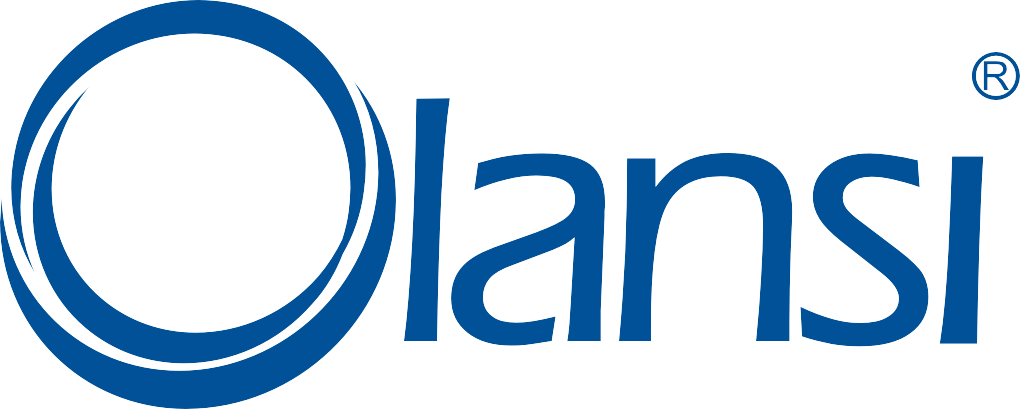 As with many of the country’s more solemn situations, the choking smog blanketing Beijing since Monday has evoked such wisecracks from social media users making light of the dire air situation.
As with many of the country’s more solemn situations, the choking smog blanketing Beijing since Monday has evoked such wisecracks from social media users making light of the dire air situation.
In the past few days, jokes on the topic have become one of the most discussed threads on China’s largest microblogging site Sina Weibo.
But despite the light-hearted approach to the pernicious atmosphere, the capital’s residents are feeling the impact of what is the most severe bout of smog in Beijing since July.
The National Meteorological Center (NMC) upgraded Tuesday’s yellow alert to orange, the second highest, on Thursday afternoon. It suggested people stay indoors and wear masks if going out.
Dou Chen returned from the UK to China this February. Since coming home, she has suffered from a nettle rash for five months. A blood test found that she is allergic to substances in the air.
“When I travel outside Beijing, my symptoms are relieved,” she said. But in the past two days, the rash worsened.
In the Guang’anmen Hospital, a doctor told her the symptom were affected by the smog.
An unnamed staff member with the Beijing Children’s Hospital told Xinhua although they haven’t seen an obvious rise of patient numbers yet because the smog just started, they were told to prepare for a peak in respiratory problems.
Wang Xia, 34, is a teacher with the No. 25 Middle School. “Whenever persistent smog occurs, more students ask for sick leave,” she said. “In a class with about 40, once more than 10 students left in the afternoon.”
The environment watchdog in Beijing blamed farmers’ burning fields of straw for causing the smog, an allegation doubted by Beijingers.
But Li Lixin, an air pollution treatment official with the Beijing Environmental Protection Bureau, said a satellite test conducted during the summer of 2013 showed a discharge from widespread straw fires could drive up the PM 2.5 reading in Beijing from 110 to 460 micrograms per cubic meter in a few hours.
Still, web users question the charge.
“Agriculture has been a vital industry in China for hundreds, if not thousands, of years, and it is the tradition in rural areas to burn straw after autumn harvest and plough to bury the ashes in the ground as fertilizer,” said a Weibo user nicknamed Sunflower. “But why we didn’t have smog in the past?”
At such criticism, Wang Yu, head of the energy ecology department of the Beijing Agricultural Bureau, admits pollutants were mainly from motor vehicle exhausts, coal burning, industrial production and dust, rather than burning straw.
“But this is the season for burning straw, coinciding with a special climate which features high humidity and lack of wind,” he said. “It was like the straw that breaks the camel’s back, worsening the air pollution.”
Beijing and its surrounding provinces have banned straw burning. And anti-smog measures didn’t stop there.
In addition to the straw ban, the city pledged to replace coal with cleaner burning energy like electricity and natural gas for domestic use. They also hope to curb coal sales and use by the end of 2020, as well as other high-pollution fuels, such as fuel oil, petroleum coke, combustible waste and some biomass fuel.
Beijing has also raised the discharging fees for major pollutants such as sulphur dioxide and nitrogen oxide this year.
Li Lixin noted that it might take time to see the achievements of such measures, but the government has attached great importance to the issue, and people’s awareness of environmental protection has improved.
In the meantime, Beijingers are avoiding the outdoors and doling out thousands to protect themselves indoors.
An old man surnamed Cheng said his friends with asthma and bronchitis would remind each other not to go out in smoggy days.
Wang Xia’s school has stopped outdoor activities for students. “What if we could have air cleaners installed in each classroom,” she said.
According to a Mr. Zhang, a sales representative of electrical appliance brand SHARP on e-commerce platform JD.com, sales of air purifiers almost doubled in the past two days.
Fu Baoling, a retired worker, just bought a purifier for 2,100 yuan (about 342.6 U.S. dollars). “My granddaughter is young, so I bought this especially for her,” she said. “I don’t know whether this is effective or not. I just hope the sky could clear up soon.”

